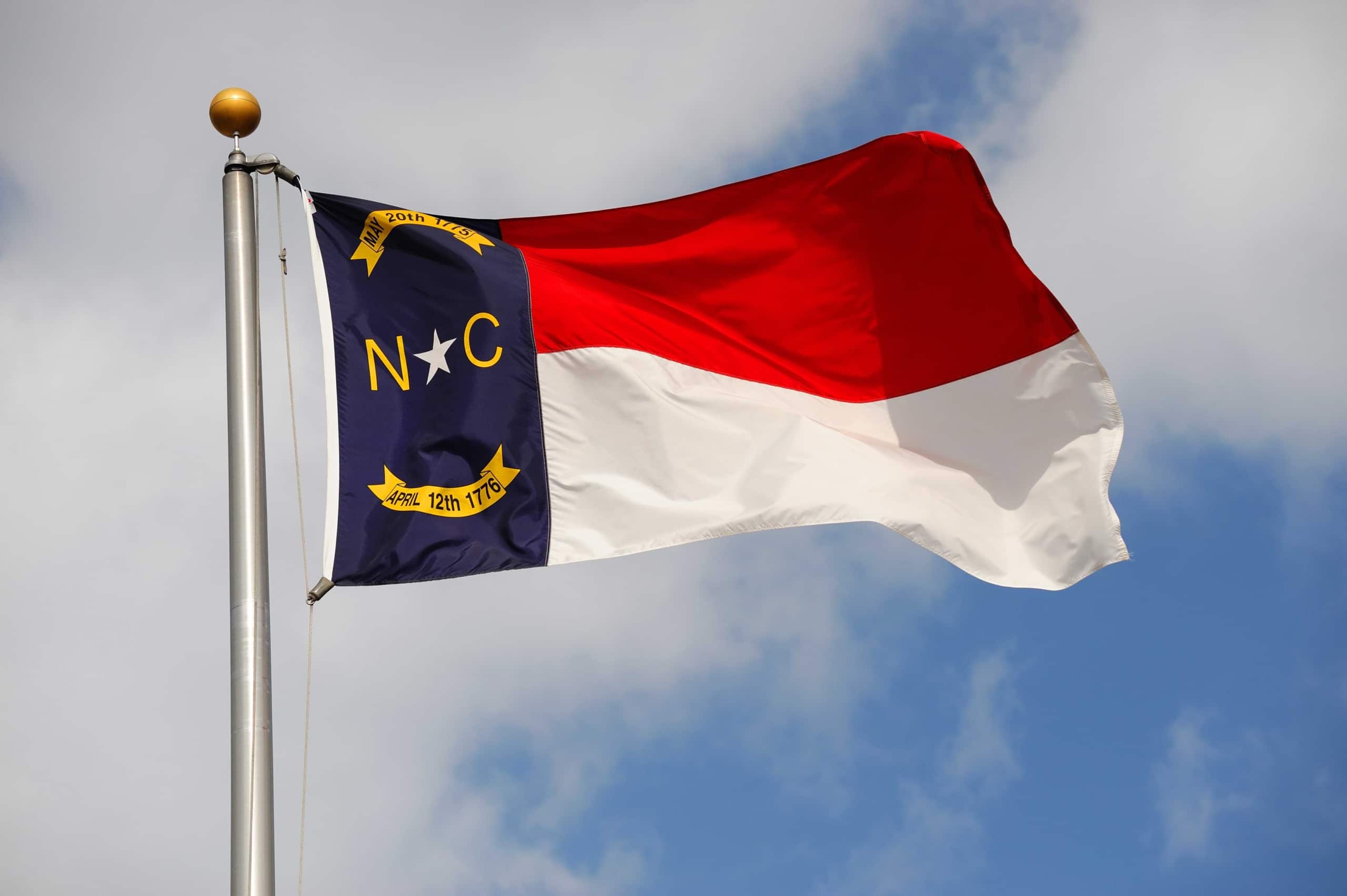Charlotte and the Triangle are among the most attractive markets in the nation when it comes to commercial real estate investment.
That’s according to a new survey from CBRE, which ranked Raleigh/Durham and Charlotte No. 3 and No. 6, respectively. Dallas/Ft. Worth is atop the list for the third year in a row.
The findings underscore how property investors continue to flock to Sun Belt cities for a host of reasons, from job and population growth to weather — despite lingering post-pandemic economic challenges.
“The post-COVID environment has highlighted the importance of quality of life, elevating cities like Charlotte,” said Patrick Gildea, a vice chairman with CBRE Capital Markets in Charlotte.
Consider real estate investor and developer Crescent Communities. The Charlotte-based firm’s portfolio includes numerous properties across the Carolinas.
In the Triangle, Crescent is bullish on the life science sector, Brendan Pierce, Crescent’s president of commercial, tells Axios. In Holly Springs, the firm owns a 150-acre life science campus with 2 million square feet of biomanufacturing, office, lab and retail space.
In Charlotte, Crescent is investing heavily in apartment-building construction, with properties from Montford to University City. The company is also developing a 1,400-acre mixed-use community here called The River District.
Crescent will continue increasing its investments in North Carolina, Pierce says, because of the state’s business-friendly tax environment, weather, relatively affordable cost of living and population growth.
This mirrors a national trend: 60% of investors CBRE surveyed said they plan to expand their real estate portfolios in 2024, compared with just 16% last year.
If you’re a large company looking to relocate or add a new location, Pierce said, “we’ve gotten to a point where North Carolina almost has to be on your list, especially if you want to be on the East Coast.”
The biggest challenges for real estate investors this year nationwide are high interest rates, tight credit conditions, and differing buyer and seller expectations, per the CBRE survey.
Outside investors seem upbeat about the prospects for center cities in North Carolina’s biggest markets. That’s despite the fact that pandemic-induced work-from-home trends have been a drag on each city’s office market.
The Missouri firm VeLa Development Partners, for instance, is developing high-rise apartment buildings in Uptown Charlotte and downtown Raleigh. The two developments “will raise the bar on the urban residential experience” while offering a diversity of price points, according to Vela principal Nick Benjamin.
“Charlotte and Raleigh are both exceptional places to live and work and we believe the best is yet to come for the urban cores in these important cities,” Benjamin says.
Copyright: Katie Peralta Soloff, Axios



